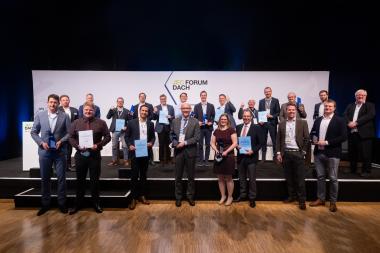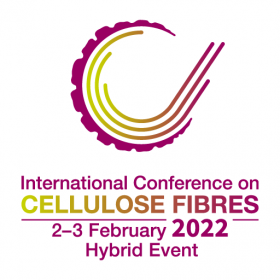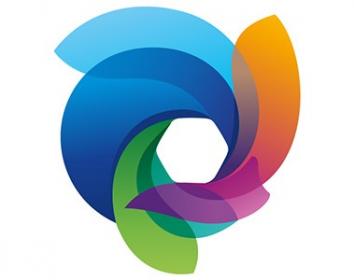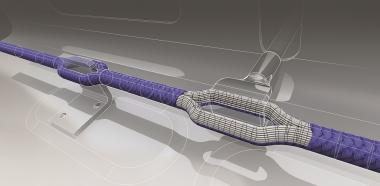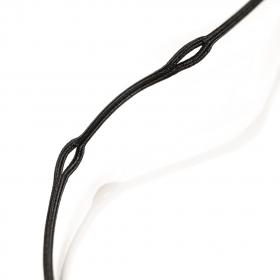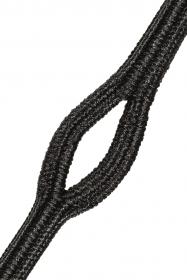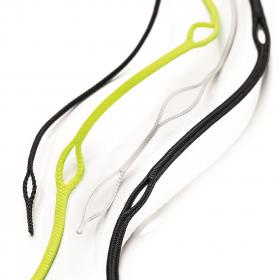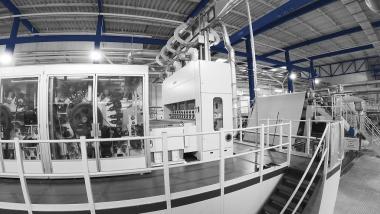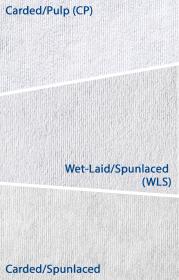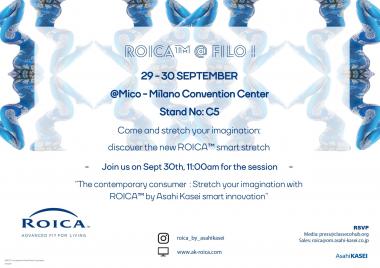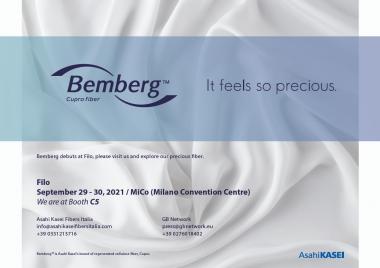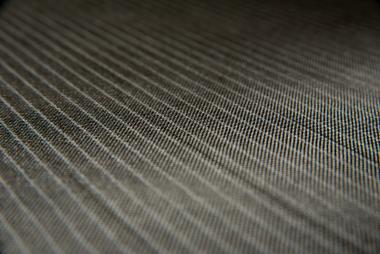Italian spinning group launches new metalloplastic yarns
- Marchi & Fildi Group presents the selection of metalloplastic yarns with GRS certification of its Gleaming line, coming from 100% post-consumer recycled polyester
With the goal to expand the offer of yarns coming from recycled raw materials for a textile more attentive to the consumption of resources, the MFT division of the Marchi & Fildi Group completes the range of metalloplastic yarns of its Gleaming collection with the insertion of 100% recycled polyester yarns coming from post-consumer material and with the GRS (Global Recycle Standard) certification.
Starting from recycled polyester with traceable origin, in compliance with environmental and social criteria extended to all the phases of the supply chain, metalloplastic yarns are obtained with the same esthetic features and performance, compared to similar products based on virgin raw materials.
“Thanks to our commitment in the research of materials, we are able to propose metalloplastic yarns produced with 100% recycled material; the film used for the production of flat yarns, too, is in recycled polyester, with a quality level that is suitable for cutting – the Company explains -. Till now it was possible to find in the market only metalloplastic yarns with not recycled polyester flat yarn, twisted with certified fibers. This represents an important step forward to implement a circular economy possibility for this kind of products too”.
The Gleaming yarns GRS certified can be supplied in gold and silver, colors and transparent, in various counts, widths and types; they are suitable for use in flat and circular knitting, weaving, hosiery and as a component in fancy yarns.
The Gleaming line, with a wide selection of yarns in stock service, represents a completion of the offer of the Marchi & Fildi Group. The Gleaming yarns are offered in different thicknesses, widths and types with both metallized and transparent, iridescent, refracting and phosphorescent effects. The collection also includes items with special features of resistance to chemical and dyeing treatments. The Gleaming metalloplastic yarns find application in the world of fashion and furniture, for creative and fancy yarns and fabrics, accessories and decorations. Products with refractive features are also used in technical items like uniforms and workwear, sport garments and accessories, external ribbons and labels.
Marchi & Fildi Group GRS Certification Gleaming line yarn recycled polyester spinning
Marchi & Fildi Group






